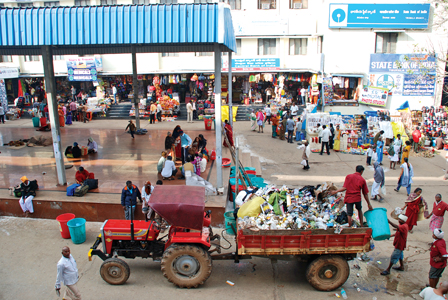Regional Approach to Municipal Solid Waste Management
Published: Jul 31, 2012
Published: Jul 31, 2012

Institutional arrangement enables the coming together of the partnering municipalities. The process serves two key purposes: establishing formal (management) structure for regional projects; and, providing the necessary authority for financing, operating and monitoring the SWM activities.
Keep reading with one of these options :
